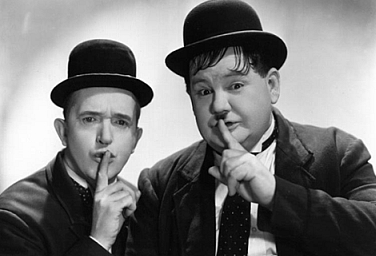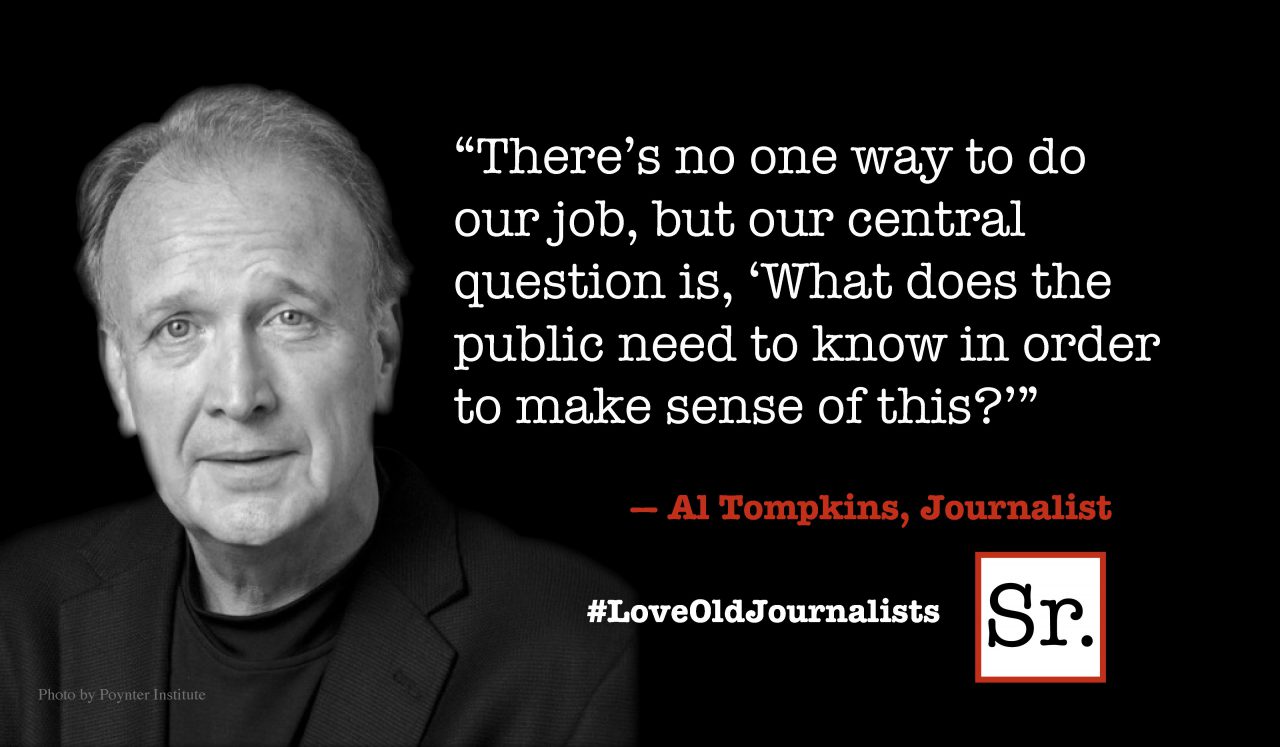It’s perilous to ignore the way people expect you to behave. Like it or not, we have stereotypical expectations when it comes to talking and power.
We expect powerful men to talk more than their less powerful counterparts. This is not true for powerful women.
Women vs. Men – Who Talks More?
You’d be wrong if you believed women talk more than men. Both genders use about 16,000 words per day, on average. We talk about different things, however. Women talk more about relationships and men about sports and gadgets. (Research reported by NPR)
Powerful Women vs. Powerful Men – Who Talks More?
Powerful men talk more than less powerful men. However, powerful women talk with the same frequency and duration as less powerful women. Powerful men talk more than equally powerful women. Why? Women worry about backlash.
Justified Concern?
Are concerns over backlash justified? Absolutely!
Powerful men are perceived as more competent when they talk more. Surprisingly, powerful women are perceived as less competent when they engage in the same behavior as powerful men. (Research: “Who Takes the Floor and Why: Gender, Power, and Volubility in Organizations“)
Application
It’s expected, even desirable, for powerful men to talk more in comparison to those less powerful. On the other hand, current stereotypical attitudes call for powerful women to talk less.
What types of backlash, other than being perceived as less competent, do powerful women encounter when they talk “too much?”
How do you decide it’s time to fight a stereotypical belief vs. adapt to it?









